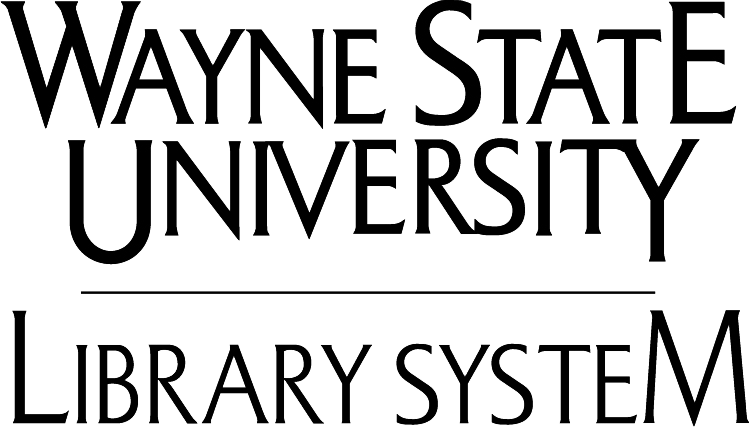Journal of Transportation Management
Abstract
The Bowersox Daugherty (1987) logistics strategy typology (Process Strategy, Market Strategy, and Information Strategy) is an important conceptual framework for studying logistics/supply chain management strategy and its role on logistics/supply chain management outcomes. The purpose of this research is to empirically apply the typology in Peru and compare the findings with the previous research conducted in Guatemala. The three Bowersox/Daugherty dimensions are used to define the construct Overall Logistic Strategy (OLS), and then, the OLS was used to measure Organizational Competitiveness (COMP) through two intervening variables LCE (Logistics Coordination Effectiveness) and CSC (Customer Service Commitment). The results indicate that generally the logistics strategy in Peru is fundamentally similar to Guatemala’s. In other words, the direction of the relationships among the conceptualized constructs tested in the SEM model was significant and explained a sizable variation in COMP in both countries. This provided additional support for the robustness of the structural model in different cultural environments. However, some differences are apparent. First, the importance of the three independent variables and three dependent variables appear to be greater to the Peruvian respondents than Guatemalan respondents. Second, on closer inspection Peruvian logistics data indicates relatively greater emphasis on information, coordination, customer service, and relatively less emphasis on cost efficiency, than Guatemalan managers. Managerial insights and suggestions for future research and discussed.
Recommended Citation
Spillan, John E., McGinnis, Michael A., Kara, Ali, de Mayolo, César Antúnez, & Jara, Gustavo. (2016). An empirical assessment of logistics/supply chain management in two Latin American countries. Journal of Transportation Management, 26(2), 7-27. doi: 10.22237/jotm/1451606520
DOI
10.22237/jotm/1451606520


